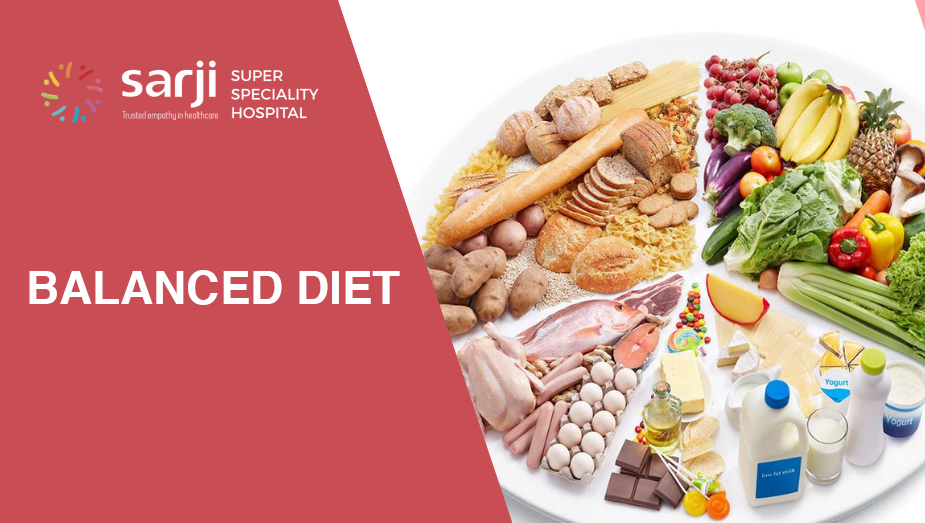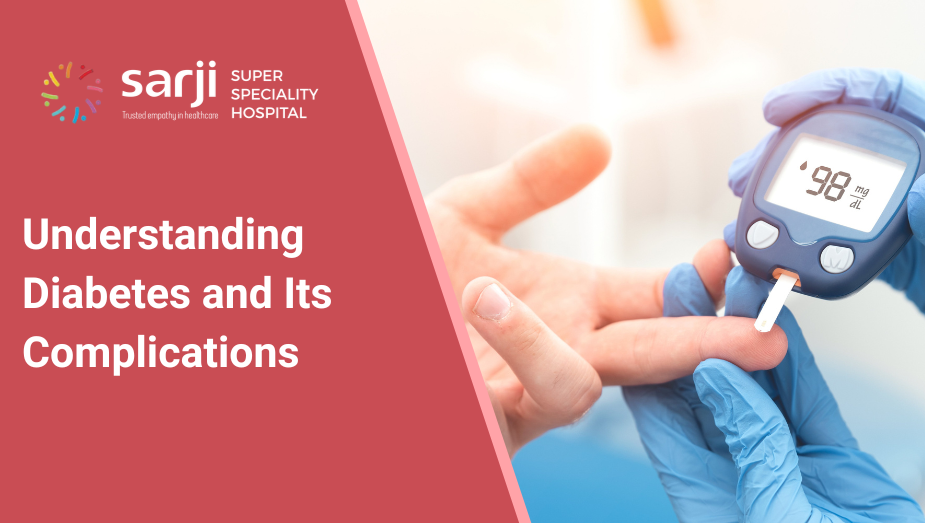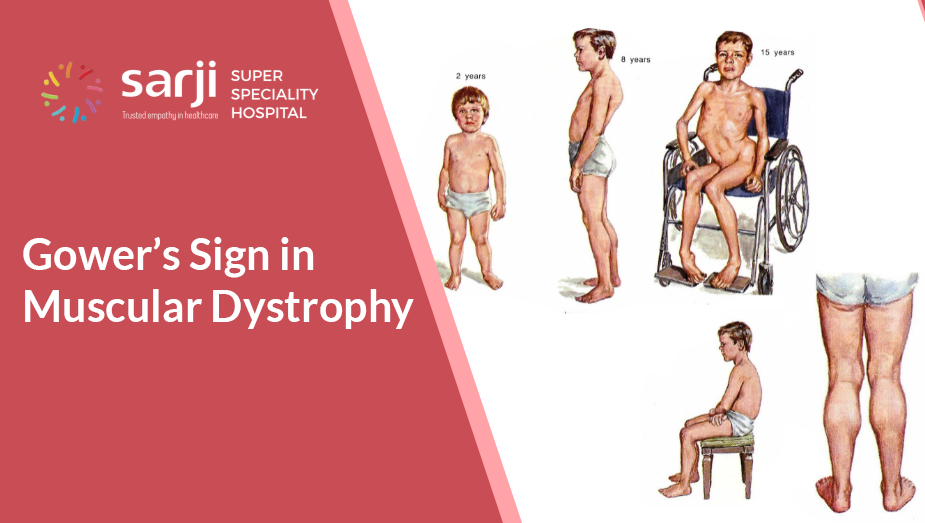
A balanced diet is one that provides all the essential nutrients—carbohydrates, proteins, fats, vitamins, minerals, fiber and water—in the right proportions to maintain good health, support growth, and meet the body's energy needs. It includes a variety of foods from all food groups, such as:
Carbohydrates for energy.
Eg., whole grains, fruits, vegetables
- Proteins for growth and repair.
Eg.,legumes, eggs, dairy, fish, meat
3. Fats for energy and cell functions.
Eg., nuts, seeds, oils, fish
4. Vitamins and Minerals for body regulation and immunity.
Eg., fruits, vegetables, nuts
5. Fiber for digestion.
Eg., whole grains, fruits, vegetables
6. Water for hydration and physiological functions.
A balanced diet also limits the intake of excessive sugar, salt and unhealthy fats while encouraging portion control. It should be tailored to an individual’s age, gender, physical activity, and medical condition.
IMPORTANCE OF BALANCED DIET
A balanced diet is crucial for maintaining overall health and well-being. It provides the body with essential nutrients, including carbohydrates, proteins, fats, vitamins, and minerals in the right proportions to support growth, energy production and proper functioning of all systems.
Here are some key reasons why a balanced diet is important:
- Supports Growth and Development: A balanced diet provides the necessary nutrients for growth, especially in children and adolescents. It also supports the maintenance of bodily functions in adults and helps in recovery from illness or injury.
- Boosts Energy Levels: Carbohydrates, proteins, and fats are the primary sources of energy. A balanced intake of these macronutrients ensures that the body has a constant supply of energy to carry out daily activities.
- Improves Immune Function: Vitamins and minerals such as vitamin C, vitamin D, zinc, and iron play a key role in boosting the immune system. A balanced diet helps the body fight infections and illnesses more effectively.
- Maintains Healthy Weight: A balanced diet helps regulate body weight by providing the right amount of calories. Consuming the right proportion of nutrients prevents overeating and undernutrition, helping maintain a healthy weight.
- Supports Mental Health: Nutrients such as omega-3 fatty acids, B vitamins, and antioxidants contribute to brain health, improving mood, cognitive function, and reducing the risk of mental health disorders like depression and anxiety.
- Promotes Healthy Skin, Hair, and Nails: A balanced diet rich in proteins, vitamins and minerals, particularly vitamin A, vitamin E, and biotin, supports healthy skin, hair, and nails.
- Improves Digestion and Gut Health: Fiber from fruits, vegetables, and whole grains supports healthy digestion, helps prevent constipation, and promotes a healthy gut microbiome.
- Prevents Chronic Diseases: A balanced diet helps reduce the risk of developing chronic conditions like obesity, type 2 diabetes, heart disease, and certain cancers by providing nutrients that regulate blood sugar, cholesterol, and blood pressure levels.






